
The Happiest Countries on Earth
Posted by Editor on Mar 9th, 2017 in Travel the Planet | 0 comments
Countries in the past have one priority – economic growth. There came to a point where the governments trampled on other objectives just to increase the GDP. This prioritization led to the declining of social conditions and worsening of climate change. You have to know that GDP growth does not automatically mean better life for the residents.
The good news now is that there are organizations that conducted studies and gave role models to other countries when it comes to overall wellbeing of the people not just the economy. Have you heard about the Happy Planet Index (HPI)? HPI just released their list of 2016’s Happiest Countries on Earth. The list seeks to give guidance to other countries when it comes to the wellbeing of their residents.
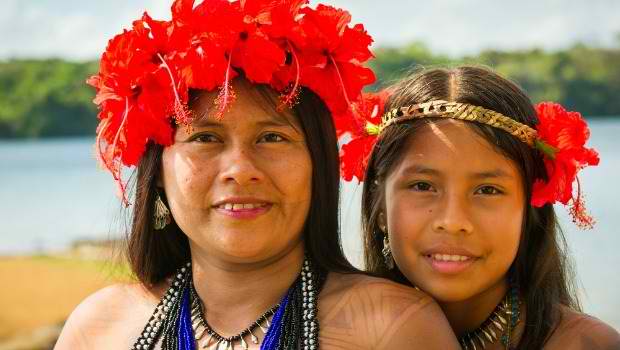
HPI has four measures that they collated to come up with their results – wellbeing (from Gallup World Poll), Life Expectancy (from United Nations), Inequality of Outcomes and Ecological Footprint (from Global Footprint Network). You will be surprised of the results. The number one Happiest Country on Earth is Costa Rica who abolished its army to give more room for healthcare and education followed by Mexico, Colombia, Vanuatu and Vietnam. Here is half of the list:
- Panama: Panama is the sixth Happiest Country on Earth with reported good levels of wellbeing.
- Nicaragua: Although the country was ravished by civil war in the 60’s and 70’s, it did not break their spirit. The country boasts of good scores in terms of life expectancy and wellbeing regardless of their low GDP.
- Bangladesh: Yes, Bangladesh has low GDP but it does not mean people there are unhappy. In fact they are the eighth Happiest Country on Earth. Despite the limited resources and maximizing it, the country have low ecological footprint. If you compare their life expectancy to other countries (with akin GDP), they are better.
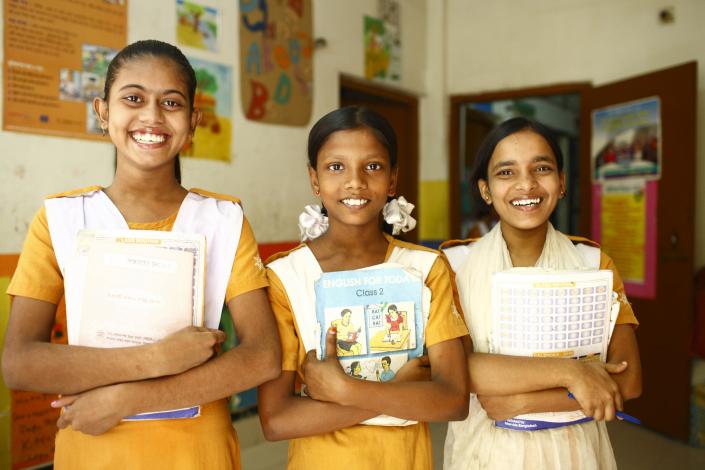
- Thailand: Thailand is the ninth Happiest Country on Earth because of their high life expectancy plus the income inequality is low.
- Ecuador: Ecuador is the tenth Happiest Country on Earth. The country entered the top list for the first time. It is said that the success can be attributed to the government’s policy of Beun Vivir or the good living. This philosophy is their guide in the conduct of their daily life.
- Jamaica: Jamaica is not rich with its relatively low GDP but it doesn’t mean other aspects are low. In fact, they are the eleventh Happiest Country on Earth because of its high life expectancy and lesser ecological footprint.
Where does Singapore fall? It is not yet included in the top 10 list but the city state has come so far now. No doubt it will top this index one of these days.
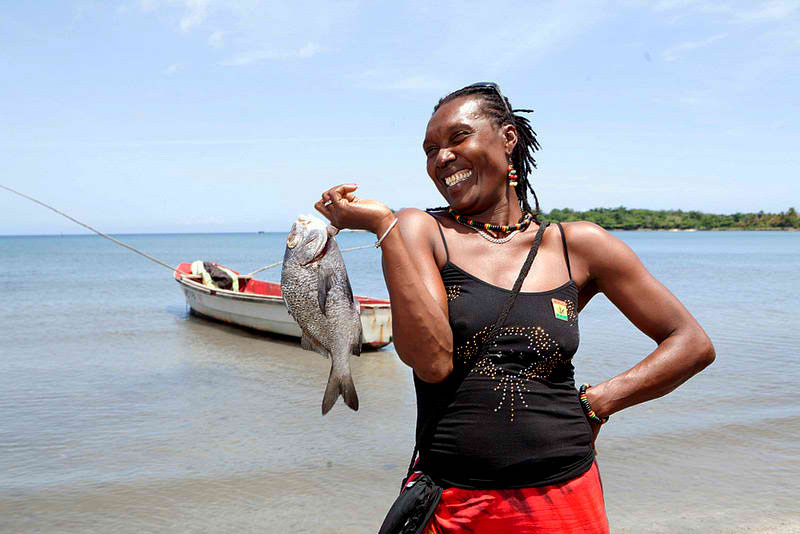
Destinations For Your Dream Wedding
Posted by Editor on Mar 6th, 2017 in We Love Weddings | 0 comments
It is not every day that you get married. If you have the money, it is not wrong to celebrate it extravagantly. There are many wedding destinations here in Singapore and the whole of Asia but if you are looking for something extraordinary, it is time to look beyond the borders.

If you want your dream wedding as enchanting as you hope it would be, there are romantic destinations from around the world to enthral you and your visitors. Here is the list:
- Bora Bora: Bora Bora is a famous destination for a dreamy wedding. It is in French Polynesia. It is different because Bora Bora is built around the remainder of extinct volcano. It is often hailed as “exotic lover’s paradise”. While doing the wedding, guests will be amazed seeing turquoise lagoon and pristine beaches with gardens of coral. If you want a laid-back place to sleep, their bungalows will welcome you.
- Buyukada: Turkey has an undeniable charm. Buyukada is a ferry-ride away from its capital, Istanbul. What makes this town a perfect place to exchange your vow? Well, for a start the town is old-fashioned with the abundance of carriages drawn by horses and appealing streets.
- Havana: Havana is the capital of Cuba. It boasts of colonial architecture and art deco. What more can you ask for a retro themed wedding? If you want a wedding facing the Caribbean shores, you can head to Playa Jibaco coast.

- Watsons Bay: Australia is near Singapore and that is good for wedding preparations particularly in Watsons Bay in Sydney. The couple plus their visitors cannot resist a seaside wedding in Sydney’s waterfronts. The overlooking ocean view of the Tasman sea adds romance to the intimate gathering.
- Kyoto: Another amazing wedding destination is in Kyoto. If you can see a function hall filled with manicured landscapes, pursue it. The landscapes are uniquely Japanese because of the sacred shrines that go with it. If you decide to have your wedding during the spring of cherry blossoms dressed in kimono, guests will be awed.
- Bruges: If you want a fairytale-like wedding, Bruges is definitely the place to be. Bruges is in Belgium and the architecture is of Baroque. The bendy canals and cobblestone streets add to the charm of the city. Couples can also decide to ride along the romantic boat as you find your way to the chapel – now that is what romantic looks like.
- Taprobane Island: If you want a small yet intimate wedding, Taprobane Island in Sri Lanka is the best place to be. There is no such thing as Utopia but the place is certainly what Utopia looks like.

Frequently Asked Questions: Important Points About Alkaline Ionized Water
Posted by Editor on Jan 4th, 2017 in Secure in Health | 0 commentsAlkaline water machines or water ionizers are designed to obtain drinking water with a certain level of pH. Producing acidic and alkaline water, a water ionizer is connected to a water supply and electrical power source and is connected to the main tap water faucet or installed as an additional tap water supply in the kitchen.
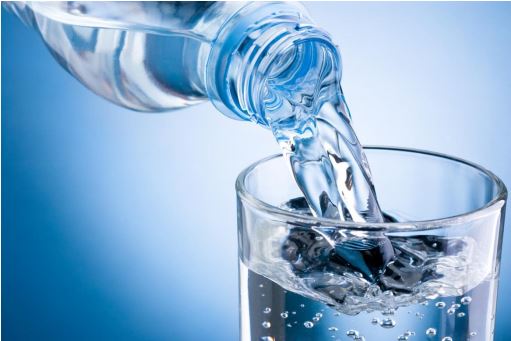
With the controversy surrounding this product, many people in Singapore are wondering what really the scoop is on this product and whether it’s a good investment or not. There’s a lot of contradictory information about this, so it can be confusing to understand alkaline water properties and abilities to improve one’s health. However, if you know a couple of facts about this product, you can be confident to decide whether or not to buy one. To help you with that, here are the most important FAQs about alkaline ionized water you would certainly want to know.
Alkaline Ionized Water FAQs
1. Is alkaline ionized water beneficial to the health?
First and foremost, ionized water is a powerful antioxidant, so that alone is already beneficial for your health as it delays aging. It prevents damages caused by free radicals, which causes signs of aging to appear earlier and various types of cancer. Secondly, ionized water balances the pH level in our body because of its alkalinity. It neutralizes the acidity of the body from extremely acidic diet. Thirdly, with its reduced molecular size, water produced from ionizing machine is much more hydrating than that from basic water filter.
2. How much alkaline ionized water should I drink?
It varies from person to person. It depends on your weight—you need either an ounce or half of ionized water for every pound—and the complexity of your day-to-day activity. If you perspire more, then you should drink more to replenish the lost water. However, that’s just a general advice. If you’re under medication or enduring a more advance stage of health condition, seeking professional advice is strongly recommended before upping the doze of your alkaline water intake.
3. Does ionized water contain fluoride?
If you ionize tap water and not filter it prior the ionization, then yes it will contain fluoride and the same contaminants it got from your water supply. In order to ensure purity of water from fluoride, a water filter should be used before ionization. You can also use special filters to clean the water from toxic metals, like lead, arsenic, and mercury. Most water ionizing machines already have built-in standard water filters, but by choosing one that’s equipped with advanced type of filters you’re assured you’re drinking more purified, mineralized, and therefore more health beneficial water.
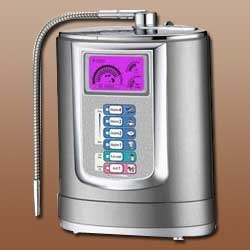
4. Is baking-soda water equally healthy as machine ionized alkaline water?
Baking soda contains another chemical—sodium bicarbonate; and alkalinizing water with baking soda will not only give you an unpleasantly tasting liquid, but loads of sodium as well. Because of this, using baking soda for permanent use to make the water alkaline can’t be recommended.
5. Can alkaline ionized water help lower blood pressure?
Ionized water can help lower blood pressure, but it does not guarantee that in extreme cases as it is not a medicine. However, by drinking alkaline ionized water, you’re not only hydrating yourself but also providing your body with all the minerals contained in it; therefore benefitting your health in the long run.
6. How to make water alkaline when away from home?
When travelling, you can use portable water ionizing units. Many of these are in the form of tumblers and pitchers, and are available in the same supplier you got your water ionizing machine. While it’s not as effective as your ionizing machine, it can still produce moderate amount of pH level in the water and even add magnesium and calcium in it.
Overall, it boils down that a water ionizer is a great investment in ensuring that your health is kept in tip-top condition. This will provide you clean and fresh water supply at home and allow you and your family to enjoy its many great health benefits.

Costly Mistakes a Traveller Must Discontinue
Posted by Editor on Dec 10th, 2016 in Travel the Planet | 0 comments
When you travel especially alone, you cannot possibly oversee everything. You are not perfect and there are numerous times that you realized you made costly travel slipups. These slipups are normal but you do not want a financial slipup at the end of the day. It is time that you are aware of some financial oversights that you commit and discontinue it for the sake of your next trip.

Here are some costly mistakes you must discontinue right away:
Booking flights too late or too early
Booking your flight too late as in on the day of your travel will surely cost you. This is also true booking a year or two in advance. In fact, there is a big chance that you will miss your flight if you book too early. With this, you have to know the best time to book your tickets. Actually experts recommend that you book at least 6 to 8 weeks before your scheduled travel. Do not be afraid because every now and then airlines throw flight promotions so be sure to keep tabs and act right away.
Not considering hostels
You spend most of your money with your accommodation and to think you only use it for sleeping and taking a bath. Do not commit this mistake again. Instead of choosing boutique hotels, why not try hostels? In the past, hostels have this image of crummy bunk beds with bed bugs. You will be surprised to know that these days, hostels come with many amenities from cable television, hot and cold shower, bike rentals, free wi-fi, free breakfast and the like. The best part is you pay cheaply.
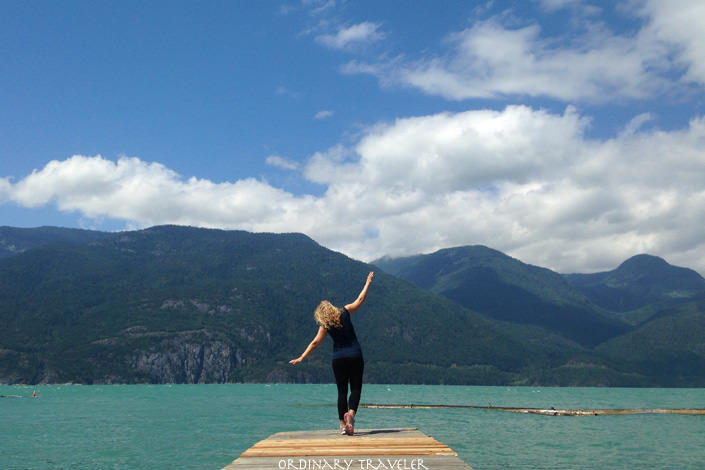
Taking taxi most of the time
Yeah, you will surely get tired of commuting. Commuting in another country is twice as exhausting because you have to be observant and be on your guard. The quickest and most comfortable solution is you take taxi most of the time. You will end up spending more if the driver know you are new. No matter how tiring, take the public transport.
Dining at restaurants
Unless you are a foodie or your ultimate goal is to eat in all Michelin-starred restaurants in the world, you should by all means dine exclusively at restaurants. If you are traveller and you want to be immersed in the country’s culture and cuisine, some good foods can be found without paying too much. Trying local flavours is cheap plus you are one step closer to knowing the culture of the place.
Knowing these, your ultimate goal should be – steering clear of costly travel slipups. Good luck on your next trip!

6 Ways to Prevent Child Abuse
Posted by Editor on Dec 5th, 2016 in Parenting Bulletins | 0 comments
Any help you can offer to support kids and parents will greatly help in reducing the stress that can lead to child abuse. By educating yourself—and other people—you can help the community prevent child abuse. The behaviour of children may show signs of abuse long before you start noticing changes in their physical appearance. If you suspect that abuse may be happening, report it to the authorities right away.
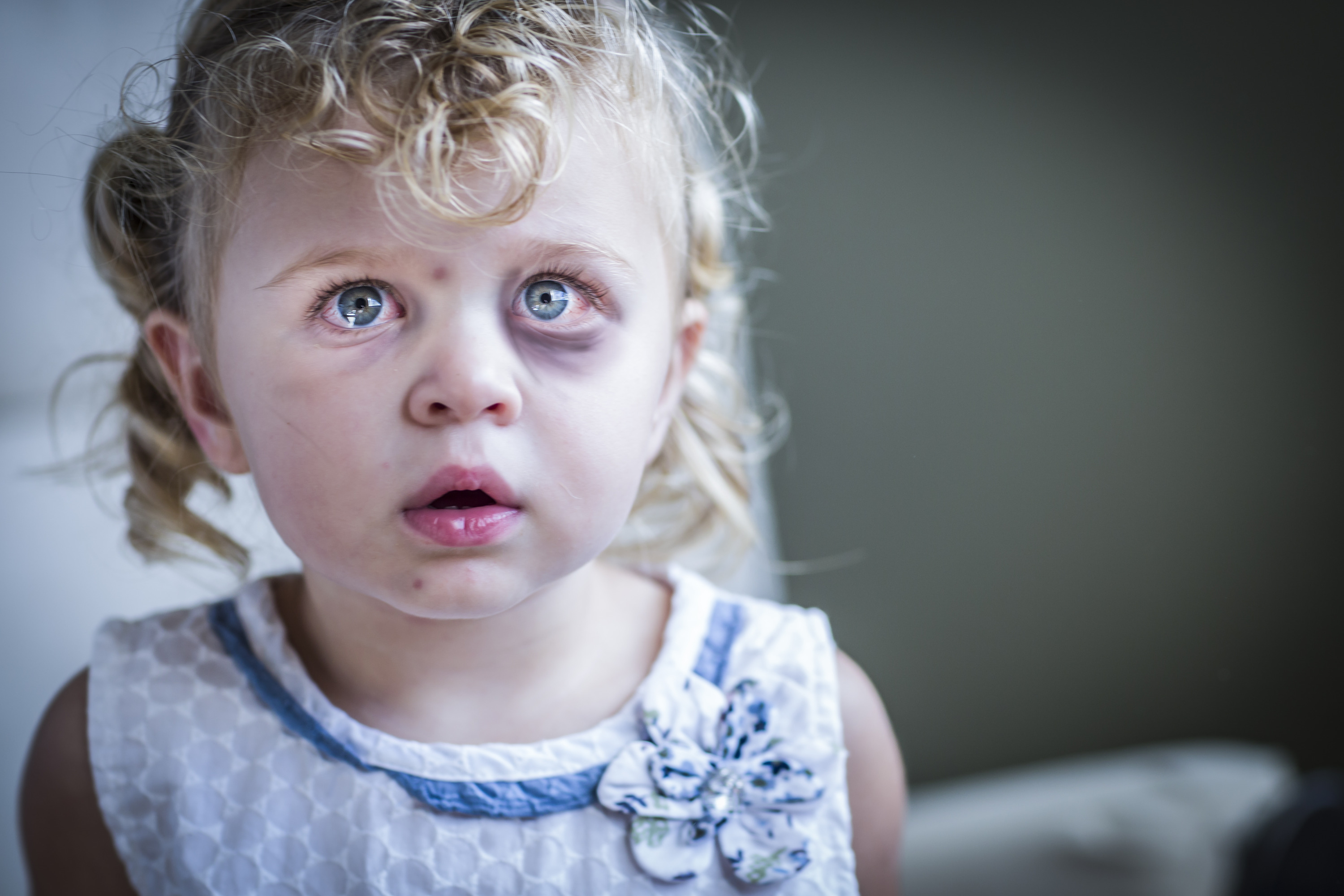
- Talk to Your Children
Make sure that your children knows that it is their right to always feel safe, and that it’s not their fault if they happen to find themselves in abusive circumstances. When your children know that they have the right, they are more likely to report to you if and when they feel that they are abused.
- Understand the Scope of Abuse
Other than sexual and physical abuse, there are many forms of child abuse. There’s mental abuse, isolation, rejection, insult and failure to provide the basic necessities of life. The more you know about the different forms of abuse, the better you will see when it is already happening.
- Know the Signs
Obviously, physical signs like wounds and bruises are clear signs of abuse, but there are also signs that aren’t visible. Oftentimes, children who are abused show signs of mistrust, depression, hostility and lack of personal hygiene, as well as difficulty in making new friends. If you see any of these signs in a child, suspect that there is something wrong going on.
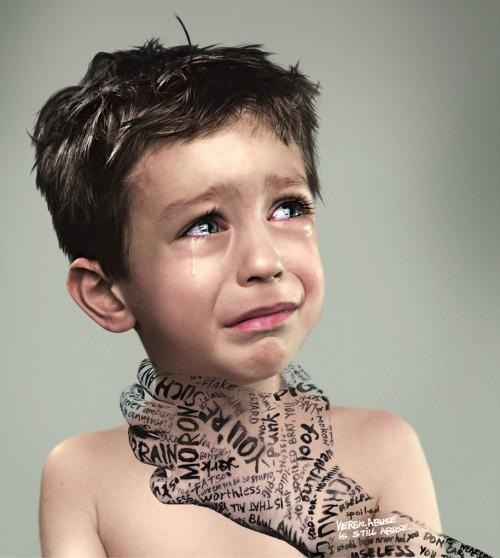
- Notice if the Child Fears Going Home
If you notice that your child doesn’t want to go or stay home or doesn’t want you to leave home without him or her, it could be a sign that they are abused at home. If they are afraid to go to school or to go anywhere with certain people, it could be because they are being abused.
- Notice if the Child is Too Sexual
While sex education is taught in school, certain lessons are discussed at appropriate ages. However, children who are sexually abused often display more knowledge about sexuality than they ought to know. They may also use explicit language or display sexual behaviour.
- Notice Any Changes Physically
Children who aren’t getting enough food to eat at home often show obvious physical changes. If you’re often away from home and your child is always left with someone else, such as a babysitter, seeing unexplained weight loss could mean that they are not getting enough nutrition.
If you have concerns or see any possibility of abuse, do not delay in addressing the issue. The sooner you take action, the earlier you’ll be able to prevent the physical, mental and/or emotional effects to your child.
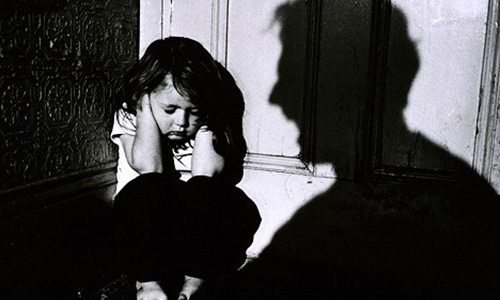
Genital Warts and HPV
Posted by Editor on Dec 2nd, 2016 in Secure in Health | 0 commentsAll of us want to be protected from STDs, like genital warts. These tiny, below-the-belt bumps are caused by the human papillomavirus, or commonly called HPV, which are transmitted through sexual contact.
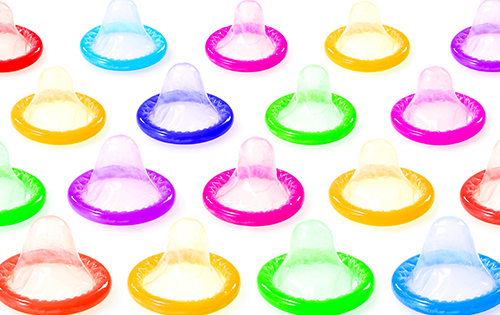
HPV infection is one of the common STDs in Singapore. Some forms of this virus can cause vaginal, cervical, rectal, and penile cancer. Once a person gets infected by HPV, it usually takes one to three months for the warts to surface, although in some cases they don’t show up at all.
Symptoms
Genital warts are flesh-, red-, or pink-coloured skin growths that appear on or inside the genitals during your STD screening check. They look like small cauliflowers or even tinier that you can barely see them. They are usually not painful, although in some instances can cause mild pain, itching, and even bleeding. Left untreated, the warts can spread rapidly in the genital area.
In men, genital warts can grow on the penis, scrotum, groin, thighs, and inside or outside the anal region. In women, they usually grow inside and outside of the vagina or anus and in the cervix. And since HPV can be transmitted through oral sex, warts may also appear in the mouth and throat and on the lips of the infected person.
Even if you can’t see the warts, it’s still possible to detect them if there’s vaginal discharge, bleeding, itching, and burning sensations happening in the genital area which can be discovered at http://www.mlamclinic.com.sg/std-testing/ in SIngapore. If the warts are left untreated, they can spread or enlarge, which can make the situation even more uncomfortable and painful.
Causes
There are over 40 types of HPV that can affect the genitals. However, according to some Singapore healthcare experts, 90 percent of such cases are caused by HPV 6 or HPV11.
HPV is a transmissible virus through skin-to-skin contact; therefore, any sexually active individual is at risk for HPV, although it’s more common in people below 30 years old. The viral particles penetrate the skin through microscopic abrasions in the genitals, which often happens during sexual intercourse. Once human cells are infected by HPV, it quietly works inside in a period of months to years, showing no signs of infection. Later on, warts start emerging in the genital area, which usually appears in clusters of three to four.
Tests
In an STD screening, your doctor will likely perform the following examinations to check for genital warts and any related STD:
• Physical examination of visible skin growths to confirm whether they are warts
• Application of acetic acid solution to highlight unnoticeable growths
• Pap smear and pelvic exam (for women)
• A specialized test for high-risk HPV
• Biopsy of cervical tissue (if any abnormality from the Pap smear result is found) to ensure that there’s no abnormal cells that could develop into cervical cancer
• Physical examination of the anal area.
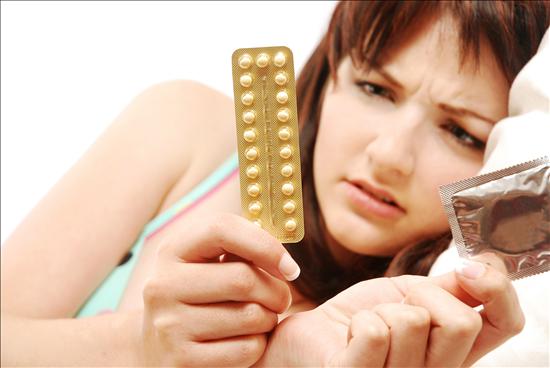
Diagnosis
Diagnosis of genital warts is often based on the history of the growth and finding from an STD screening. During the screening, your doctor will do a physical examination of the regions where you suspect warts are growing. Because warts can grow inside the body of women, your doctor will likely perform a pelvic test as well. A mild acidic solution may also be applied in the area to make the warts, especially the unnoticeable ones, more visible ones.
The doctor will also take a swab to get sample cells from the cervix. The sample is then tested for any signs of HPV. Some types of HPV can cause abnormal Pap smear results, which may lead to precancerous changes. If the specialist detects such abnormalities, you may be requested for more frequent screening to tack the changes.
You also be asked about your sexual history. This could include the number of partners you’ve had, your last screening, and whether or not you have engaged in unprotected sexual intercourse.
If you’re concerned about being contracted of an HPV type that causes cervical cancer, your doctor can do a DNA test.
Treatment
Unfortunately, there’s no cure for HPV, but it can be treated. Genital warts can be removed with laser therapy, applying chemicals on it, or freezing it. There are also prescription drugs and topical treatments available to use at home. For warts that are larger and more difficult to treat, surgery may be necessary. However, it won’t permanently remove the warts as they can resurface after a few months. You may need to return to your healthcare provider for more treatment.
Prevention
The surest way to prevent genital warts is abstinence. But if you’re sexually active, having sex to only one person and having a mutually monogamous relationship greatly lowers the risk of getting genital warts.
An anti-HPV vaccine named Gardasil can also protect both men and women from common types of HPV that cause genital warts, as well as some HPVs that show links to cervical cancer. There’s also Cervarix, another anti-HPV vaccine, which protects women from cervical cancer but not from genital warts. However, these vaccines are most effective when injected before a person becomes sexually active.
In addition to the vaccines, protected sex should be practiced every single time to reduce the risk of contracting with HPV and growing genital warts.
Not all bumps are caused by HPV. They could just be skin tags or haemorrhoids, but can also be symptoms of other STDs, like syphilis, or worse skin cancer. STD screening Singapore can examine closely any suspicious bumps you may have. Have it checked by a healthcare provider right away to protect your health and your partner’s health from potentially fatal health problems.

